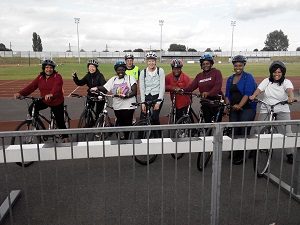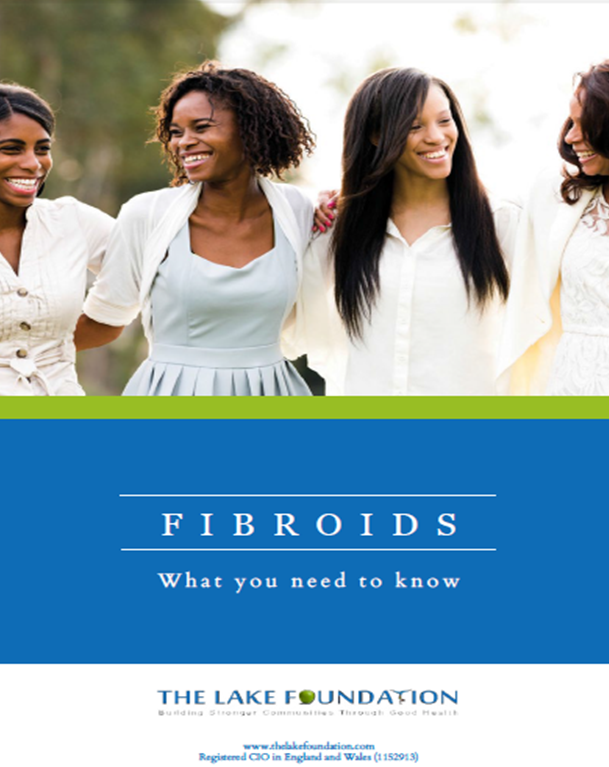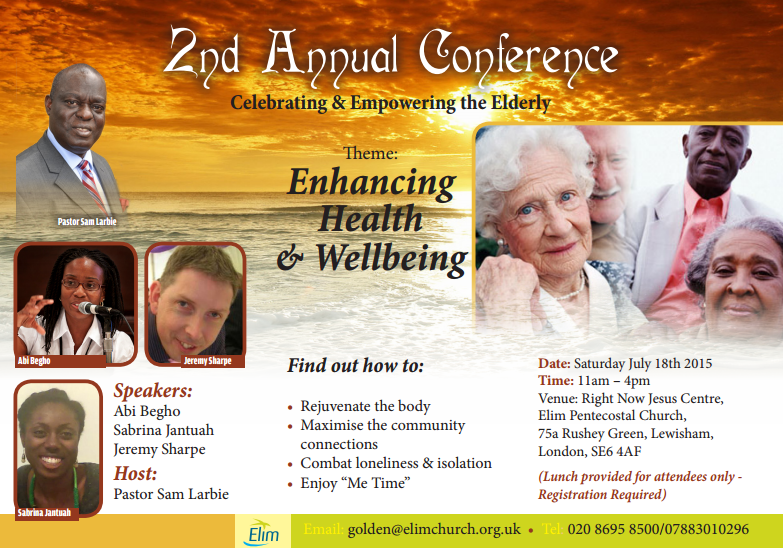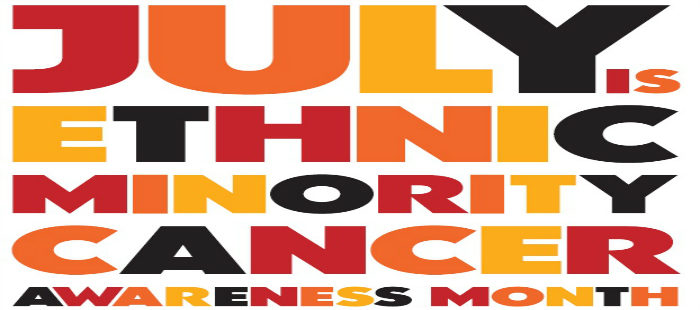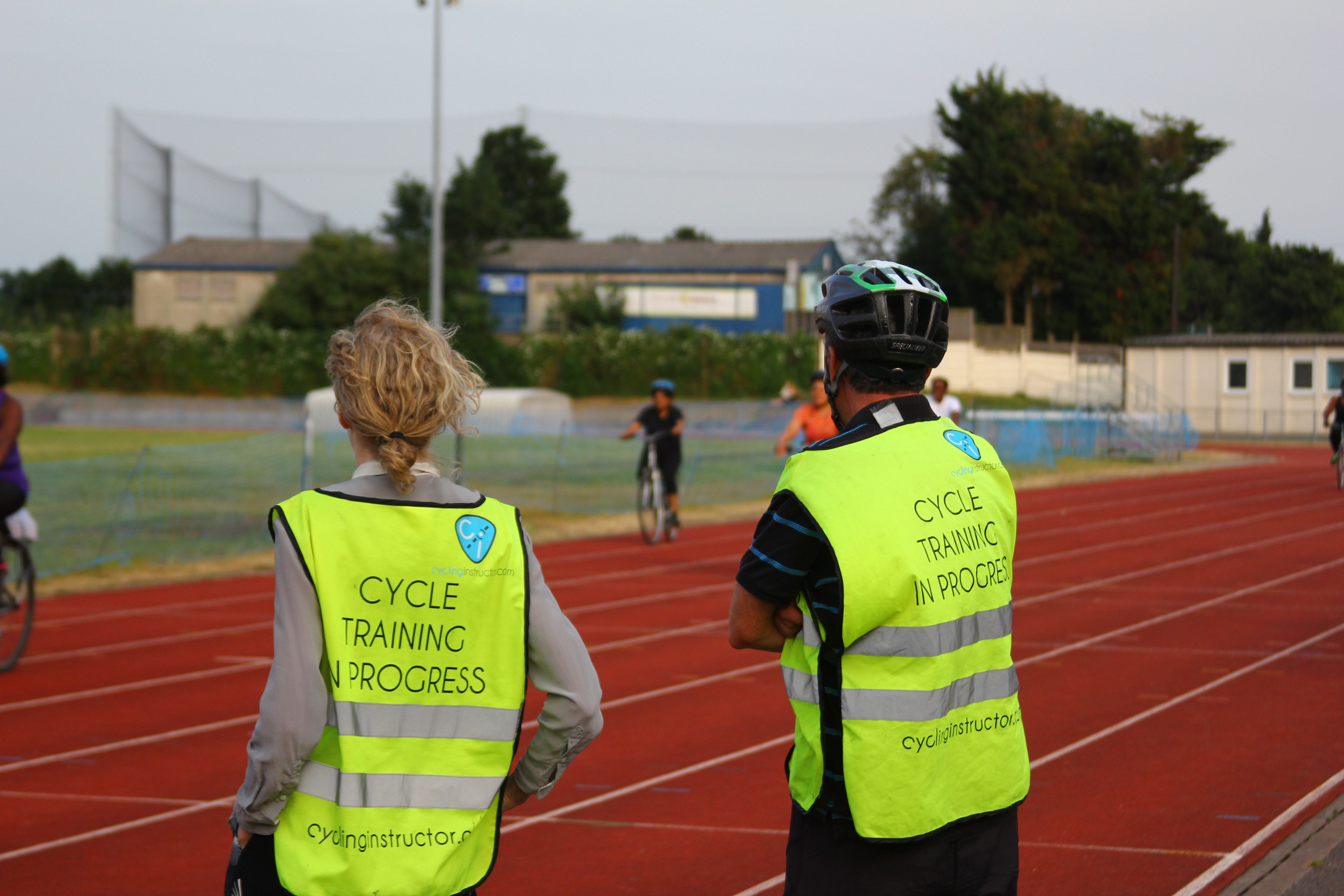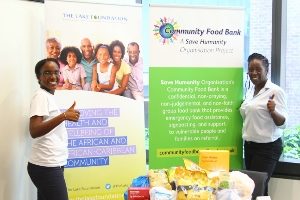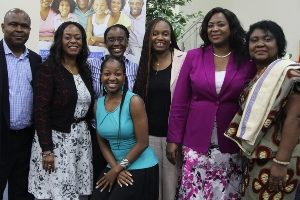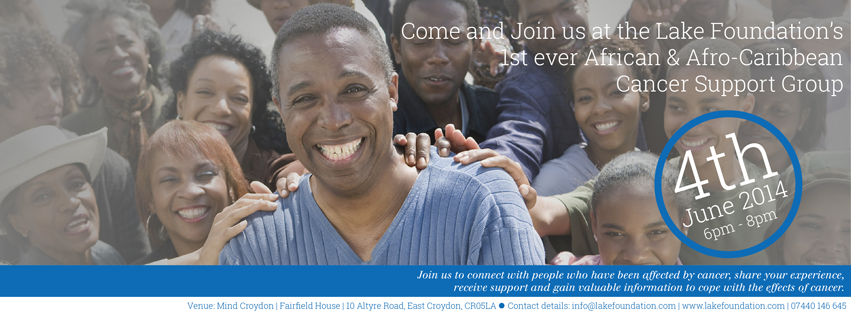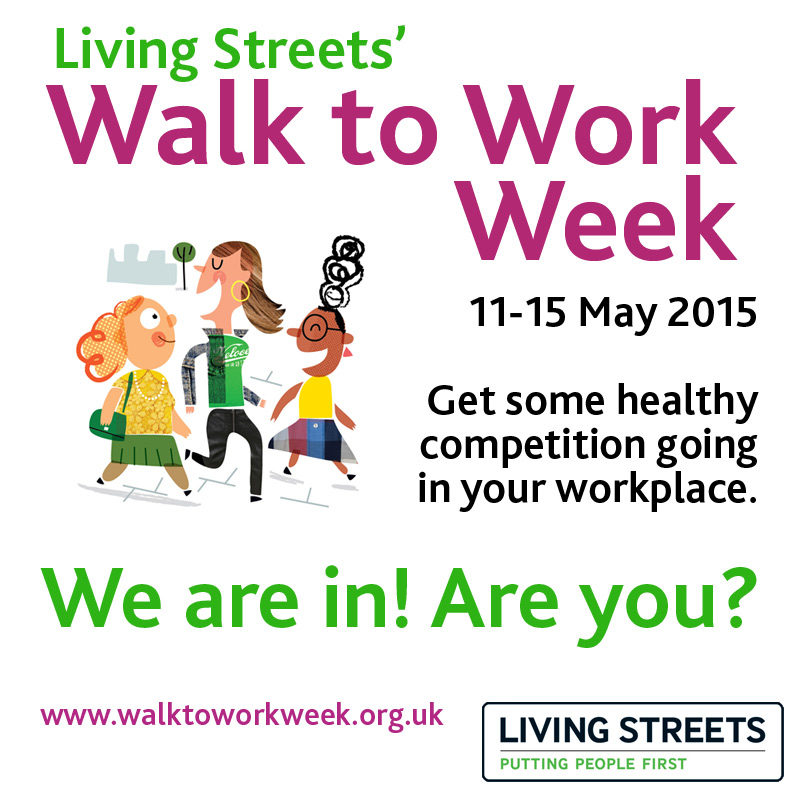Summer Cycling: Croydon to Catford
Our summer cycling sessions have been running since the beginning of July and we’re now half way through the sessions which will run until the end of August. This year we’ve had a lovely group of people come along to the sessions; all very friendly and eager to build their confidence in cycling and get some exercise.
Friday’s session was excellent. We had ten in the group and were led, once again, by Brian from the Cycling Instructor who was supported by Matthew.
In previous weeks we focused on cycling technique and riding safely on the road and this week it was time to put it all into practice with a ride from Croydon to Catford and back (about 9 miles).
Our journey to Catford took us along Route 21 which is part of the UK’s National Cycle Network and is a 94 mile route from Greenwich to Crawley and then on to East Bourne via East Grinstead and Heathfield.
We began our journey at the beautiful South Norwood Country Park and joined Route 21 at Elmers End. The cycling path took us through the picturesque green spaces and quiet neighbourhoods of Beckingham, Sydenham and Lewisham and included riverside cycling along the Waterlink Way.
This session was a lovely experience. The weather was perfect – sunny and mild, and the beauty of route was really impressive. Many South Londoners, myself included, are certainly missing out on the beauty of our city as the pressures of city life mean we aren’t able to take the time to explore and appreciate the beauty that is right on our doorstep. Cycling really addresses this as it creates endless opportunities to explore the city of London in a fun way.
We encourage everyone to give cycling a try, you’ll be surprised at how fun and relaxing it is and at the journey of discovery you can have; you’ll see your city in a whole new light! And we love it because it provides you with a great way to get some exercise. It’s a win-win.
Joins us next week Friday at Croydon Arena, all are welcome. For more information visit our events page or email events@thelakefoundation.com







